If your company wants to meaningfully back dental charity work, partnering with Free clinics in Kirkland is a practical, high-impact route — especially when you supply evidence-based oral-care tools like electric toothbrushes. In this article I’ll explain why such partnerships matter for manufacturers and distributors, and then lay out six concrete, operational steps (1–6) you can implement to support clinics, protect patients, and build measurable CSR value.
First, community clinics fill a care gap: many low-income patients rely on Free clinics for preventive and urgent dental care. Therefore, when B2B partners supply reliable electric toothbrushes and aftercare bundles, they not only improve oral outcomes but also strengthen referral relationships with clinics and create recurring replacement-head demand. Moreover, supporting charity clinics builds brand trust and provides real stories you can use in CSR reporting and sales conversations.
Furthermore, electric toothbrushes are uniquely suited to this context: compared with manual brushes they can deliver more consistent plaque removal, pressure-sensing models can prevent gum damage, and long-battery or USB-C rechargeable models reduce the need for replacement chargers. Consequently, a thoughtful donation or subsidy program is both a public good and a strategic business investment.
xx-xx-xx
xx-xx-xx
To summarize, B2B partners can do more than donate: by engineering clinic-ready electric toothbrush solutions, supporting sterilization and training, and building predictable logistics and financing, your company transforms a charitable act into a sustainable public-health partnership. Consequently, dental charity support becomes a win for patients, clinics, and your business.
If you’d like, I can draft right away:
Which template would help you get started? Contact us
.jpg)
.jpg)
.jpg)
Tooth Demineralization Alongside Enamel Microfractures – Silent Crisis?
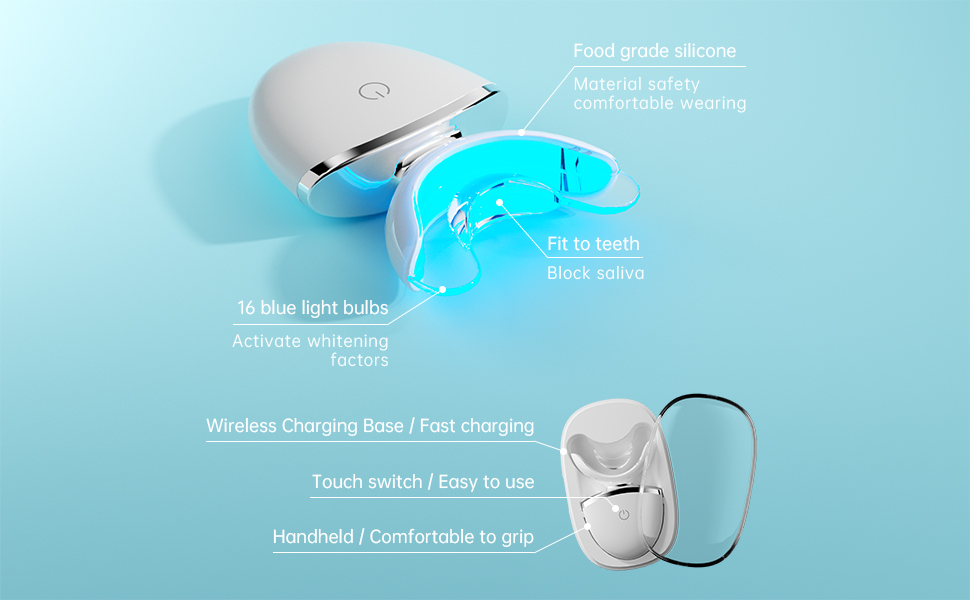
How Long Should You Leave Blue Light on Your Teeth? OEM Manufacturer’s Guide

The Importance of Electric Toothbrushes in Oral Care
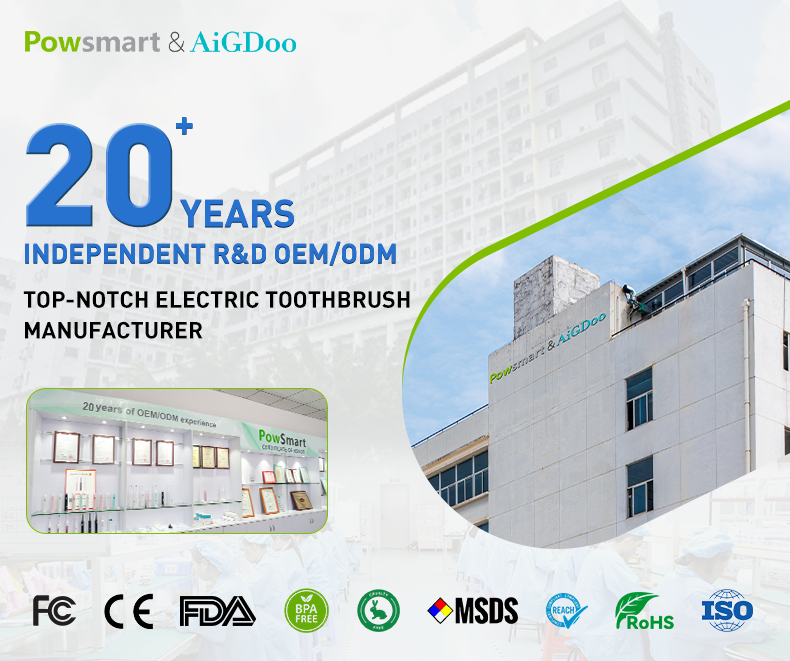
Is an IPX8 Waterproof Rating Enough Without a Drop Resistance Test?
.jpg)
Antibacterial Electric Toothbrush OEM Manufacturer

Developing a Portable Water Flosser? Need a Quiet Flosser Motor?

Why Must Your Whitening Gel Formulation Adhere to Aesthetic Device Compliance Regulations?

The Importance of Dental Flossers: The Best Choice for Effective Cleaning Between Teeth
.jpg)
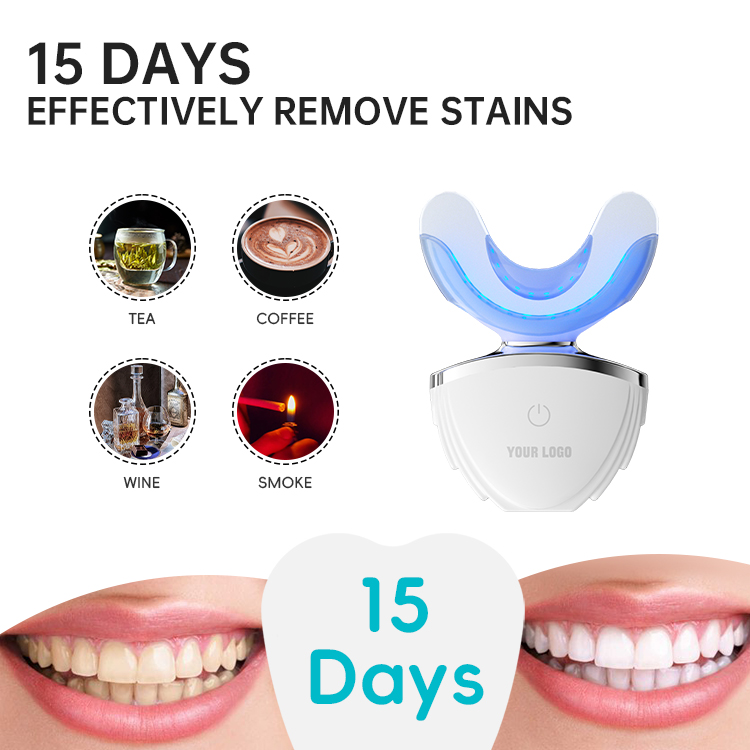
How Is Whitening Device Safety Engineered Into a Portable Whitening Kit?

Do You Know What PAP+ Is? Why Is It So Popular in Teeth Whitening?
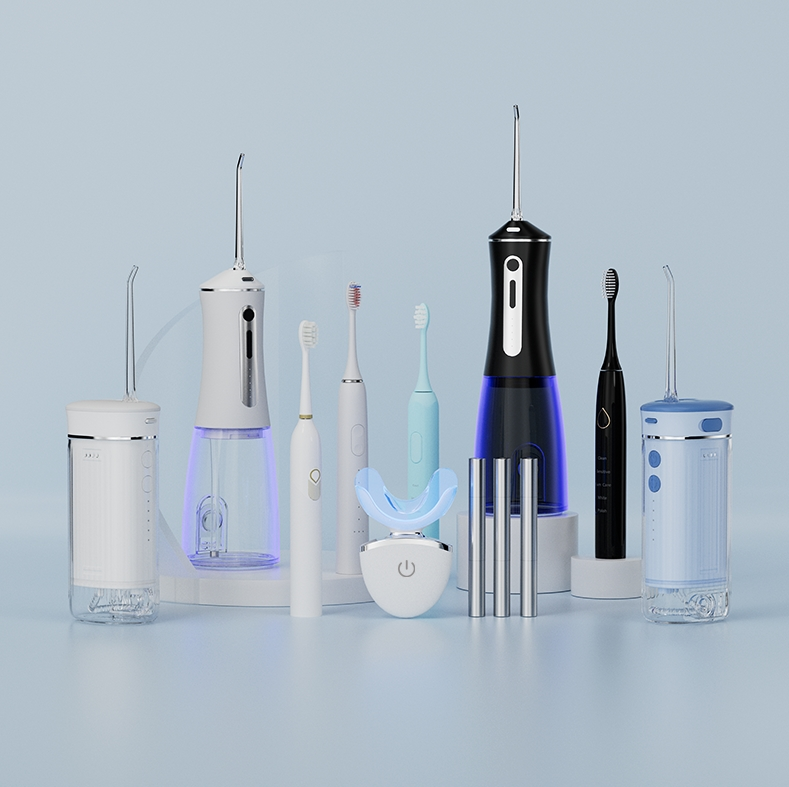
San Diego waterproof rating for San Diego combo pack?
.jpg)
Valve Jamming Causing Salivary Alteration – Fixable?
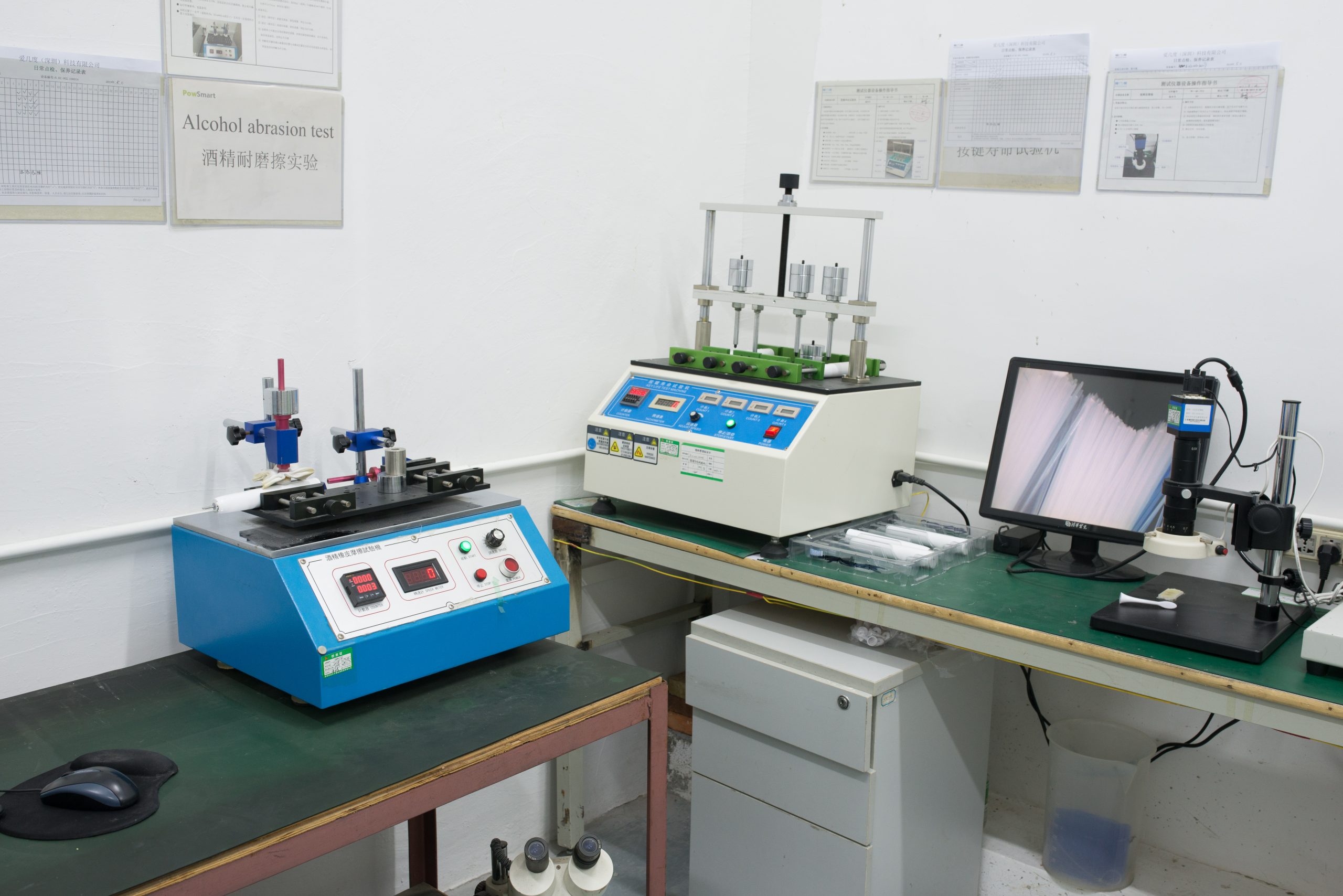
How to Manufacture electric Toothbrush? – Brush Tufting Machine
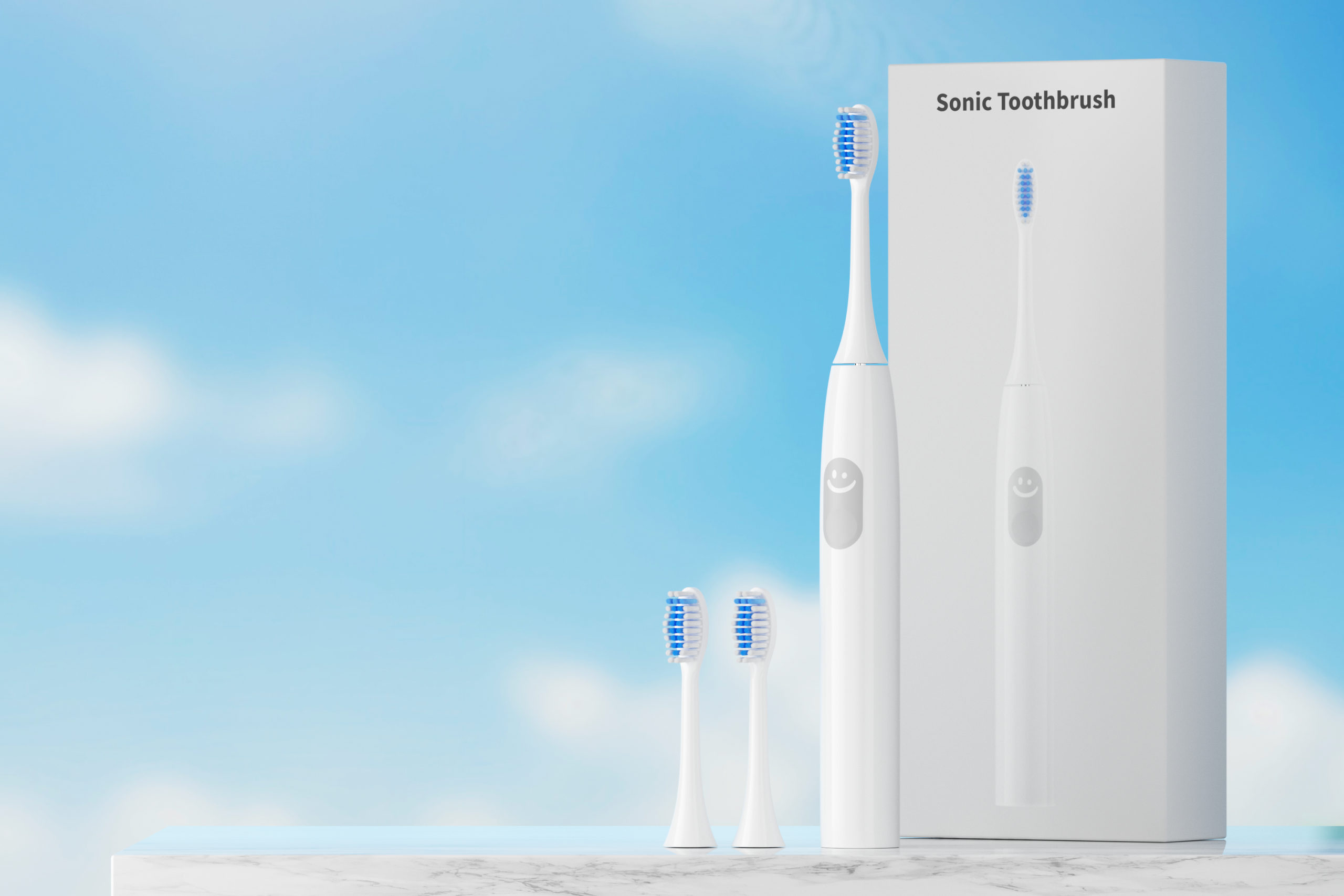
Foldable Design & USB Charging Travel Electric Toothbrush OEM
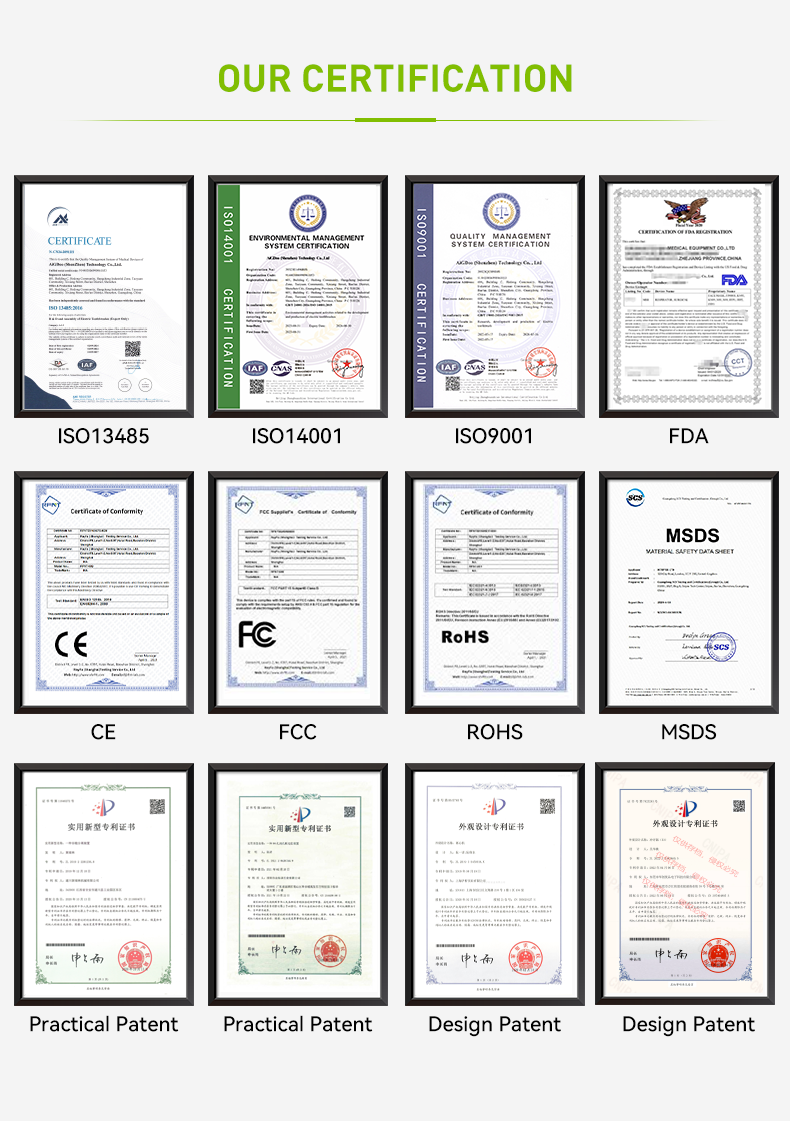
How Does Precision Nozzle Manufacturing Impact Your Brush Head Replacement Supply Chain?